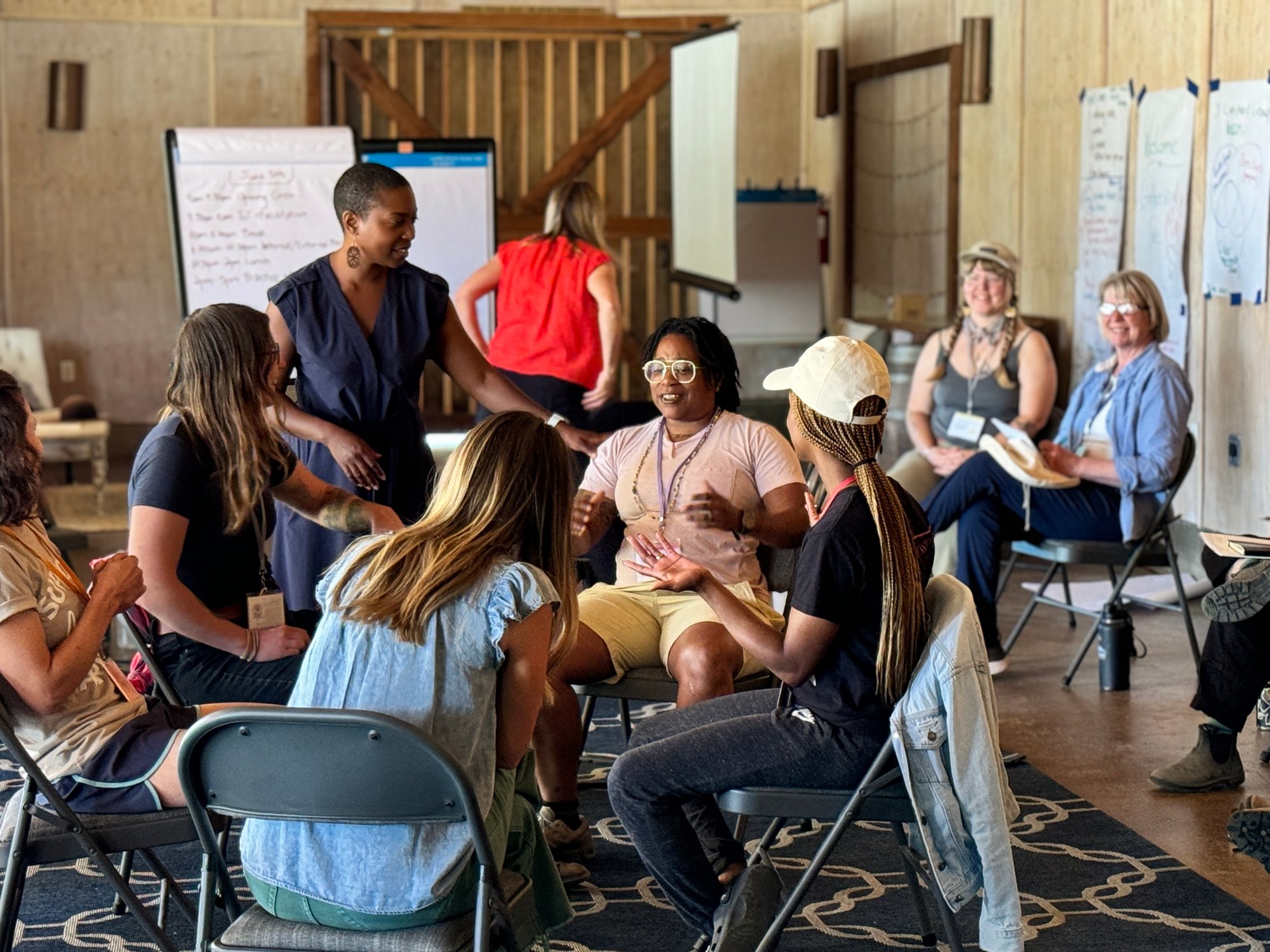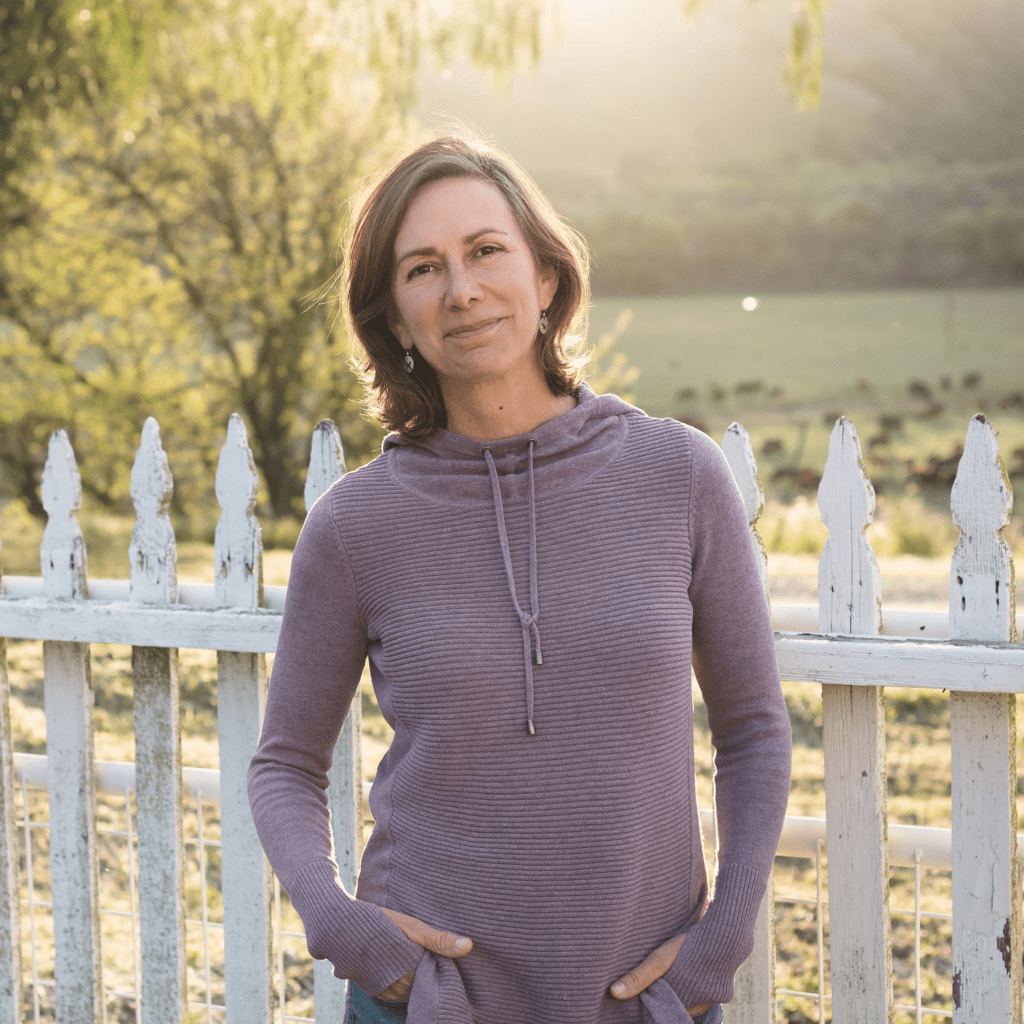Fractional People Operations and human resources

We blend HR expertise, executive coaching, and change management strategy to help organizations cultivate thriving, people-centered workplaces—rooted in resilience, adaptability, and long-term sustainability.
Just as ecosystems thrive through interdependent relationships, Soil and Shadow, JELW HR, and 10th Dot Transformations have joined forces to offer a holistic, high-impact solution. We work together like a mycelial network, ensuring that leadership, operations, and culture-building are seamlessly connected. Our approach strengthens Strategic Leadership, Organizational Development, Operational Excellence & Compliance, and Employee Experience & Culture Building—the essential elements of a healthy, high-functioning organizational ecosystem.
This package is right for you if you’re struggling with several of the following dynamics, and have less than 50 employees:
- Unresolved team conflict is compromising your capacity to accomplish your mission. Staff are clashing, interpersonal tensions are rising, and conflict mediation is falling on the wrong people—distracting them from their actual jobs. Perhaps employee dissatisfaction is growing among early-career staff. Maybe morale is slipping, engagement is low, and you need a structured approach to improve retention and team cohesion.
- Your managers need support, and a lack of standardized processes is costing you. Without clear management structures, expectations are misaligned, and your leaders lack the tools to guide their teams effectively.
- You know you need to gain insights from your team, but you don’t have the survey and feedback loops in place to do so.
- You need strategic HR leadership but can’t justify a full-time hire. You’re in a growth phase, needing to get the critical components of HR like compliance, compensation, and performance management right —but you don’t have the in-house capacity to handle it.
- Your organization is at a pivotal moment of change. Whether it’s a CEO transition, a merger, layoffs, or a major strategic shift, you need expert guidance to navigate team morale, retention, and performance through uncertainty.
- You need a trusted outside voice to address leadership and culture challenges. There are critical people and culture issues that need to be surfaced at the executive or board level—but your internal team isn’t positioned to deliver that message.
- You’ve been burned by traditional HR consulting, and you want something better. You need strategic HR support that aligns with your values, embraces diversity, and helps build a people-first, high-performance workplace.
If any of this sounds like your company or organization - we can help.
People Operations Designed for Growth, Resilience & Regeneration
Organizations, like natural systems, are constantly evolving. That’s why we don’t believe in one-size-fits-all solutions. Instead, we offer a flexible approach—allowing you to choose the support that best nourishes your team. We provide custom-built solutions tailored to your organization’s growth stage, leadership needs, and cultural aspirations.
Whether you need executive coaching to align leadership, compliance support to fortify your foundation, talent strategy to attract and retain the right people, or culture-building initiatives to create a regenerative workplace—our approach adapts with you.
Below is a menu of our services. Choose what strengthens your organization now, and let it evolve as your needs change.

Strategic Leadership & Organizational Development
- Strategic HR Leadership & Advisory – Fractional CHRO services to guide leadership teams through complex people challenges, workforce planning, and organizational transformation.
- Executive & Team Coaching – High-impact coaching for leaders and teams, blending one-on-one executive coaching with team coaching to build alignment, resilience, and leadership capacity.
- Guided Leadership & Team Development – A structured learning program that includes bi-weekly team coaching calls, monthly pulse surveys, and quarterly goal-setting.
- Strategic Leadership Planning & Retrospectives – Quarterly and bi-annual planning sessions with senior leadership to reflect, strategize, and drive continuous improvement in team performance and culture.
- Change Management & Custom People Programs – Tailored solutions for organizational shifts, from restructuring to culture transformation, with bespoke HR programs designed to meet evolving business needs.
Operational Excellence & Compliance
- HR Policy & Process Optimization – Auditing and improving core HR functions like compliance, recruitment, review of onboarding and offboarding procedures, performance management, and compensation to enhance efficiency and lower risk.
- Recruitment & Talent Strategy – Leading hiring processes, conducting talent reviews, succession planning, and ensuring job competencies align with business goals.
Employee Experience & Culture Building
- People & Culture Development – Cultivating strong company culture through values development, employee engagement initiatives, team assessments, and talent management strategies, including career pathing and promotions.
- Training & Conflict Resolution – Designing and leading training, facilitating difficult conversations, and implementing conflict mediation strategies to create a more cohesive workplace. Flagship training includes Giving, Receiving and Integrating Feedback, Recognizing and Confronting Bias, and Connective Conflict.
- Learning Community & On-Demand Support – Access a robust library of courses, frameworks, and tools, plus a dedicated support feed for personalized, rapid-response guidance via written and video content.
What people are saying...

I really admire Soil and Shadow's approach to feedback. After the training, I ended up constantly referencing and thinking about the frameworks!
Sara Chandler, Elemental Excelerator

Soil & Shadow’s “Giving, Receiving and Integrating Feedback” training was a powerful and rich source of content guided by expert instructors that hit the root cause of whether you have high-functioning successful teams that know how to grow trust, integrity, and empathy. During the workshop, we were able to break out into small groups and immediately put the principles into practice and work on our next action steps. By having the workbook, recording, slide deck, and other materials from the workshop, I can refer to the learnings and continue the process of getting feedback right, even when it’s challenging and uncomfortable. Everyone needs this critical training (and ideally we’d all have learned this as children)!
